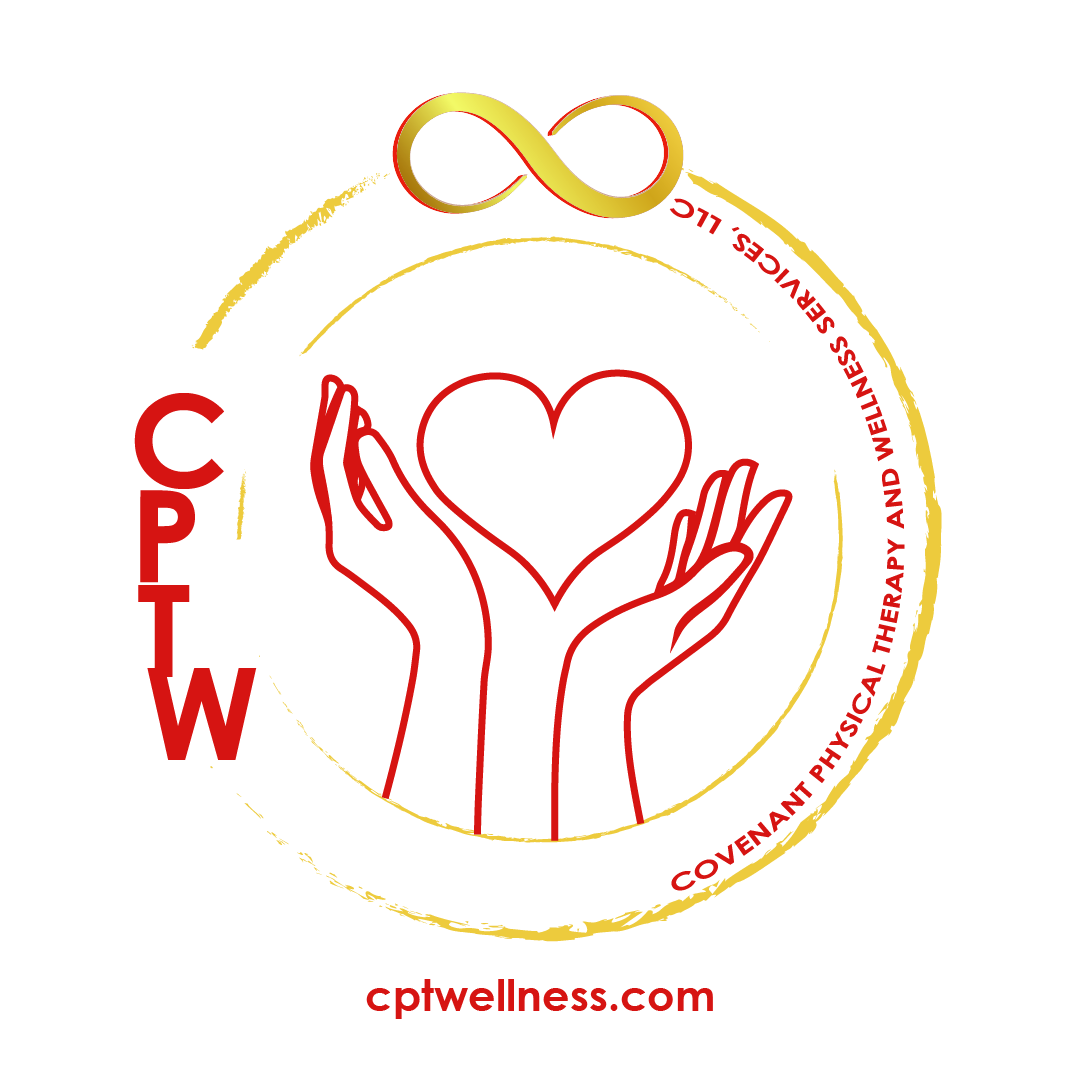CLEANSE
While now I am a Physical Therapist, a Wellness Coach and understand how to lose weight, without taking drastic measures, it wasn’t always that way. For many years of my life, I struggled with my weight, energy level and an overall sense of wellness.
After years of trying diet after diet, losing and gaining weight, I berated myself for not being able to keep the weight off. I was certain that there was something wrong with me – not enough willpower, too big of an appetite, or the wrong genes. I finally discovered that the problem wasn’t me. It was a lack of information about the causes of weight loss resistance. I’ve developed a Cleanse Program that reduces inflammation, will fuel your body, give you energy and allow your body to release excess weight. Let’s end the rollercoaster and get you in a body you love, that is packed with energy and feels great!
Client Testimonial
"I was trying to eat healthier and lose some extra pounds while doing so. I’ve never really liked cooking, part of the reason was the prep time and deciding what I wanted to eat. CPT Wellness services weekly meal plan helped take the worry out of my meal prepping time by providing daily meal suggestion.
~Renita
-

PALEO
Paleo - A paleo diet is a dietary plan based on foods similar to what might have been eaten during the Paleolithic era, which dates from approximately 2.5 million to 10,000 years ago. It includes lean meats, fish, fruits, vegetables, nuts and seeds — foods that in the past could be obtained by hunting and gathering. A paleo diet limits foods that became common when farming emerged about 10,000 years ago. These foods include dairy products, legumes and grains. The aim of a paleo diet is to return to a way of eating that's more like what early humans ate. The diet's reasoning is that the human body is genetically mismatched to the modern diet that emerged with farming practices — an idea known as the discordance hypothesis.
Source - Mayo Clinic
-

WHOLE FOODS
Whole Foods Meal Plan – The whole foods way of eating places an emphasis on whole or minimally processed foods. Animal products are limited with more a focus on plants, vegetables, fruits, whole grains, seeds, nuts, and legumes.
Sources – Centers for Disease Control and Prevention, Journal of the American Heart Association.
-

VEGAN
Vegan - The vegan diet avoids all animal products, including meat, eggs and dairy. This plant-based diet has cognitive benefits, cardiovascular benefits, metabolism benefits and effects on cancer prevalence.
Source - The American Journal of Clinical Nutrition.


